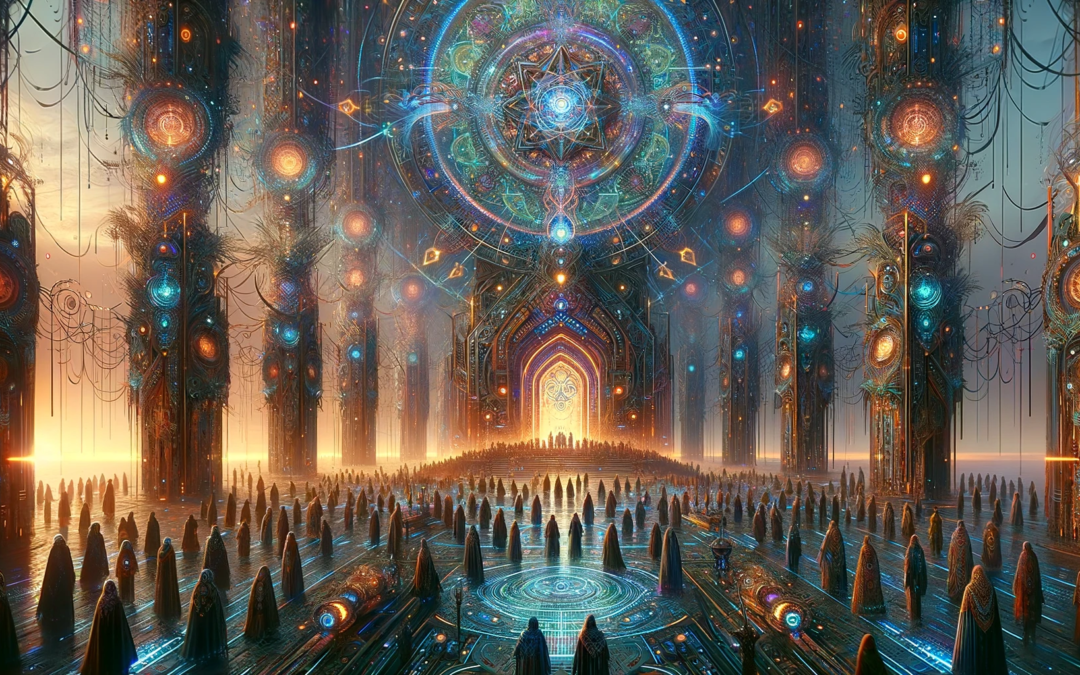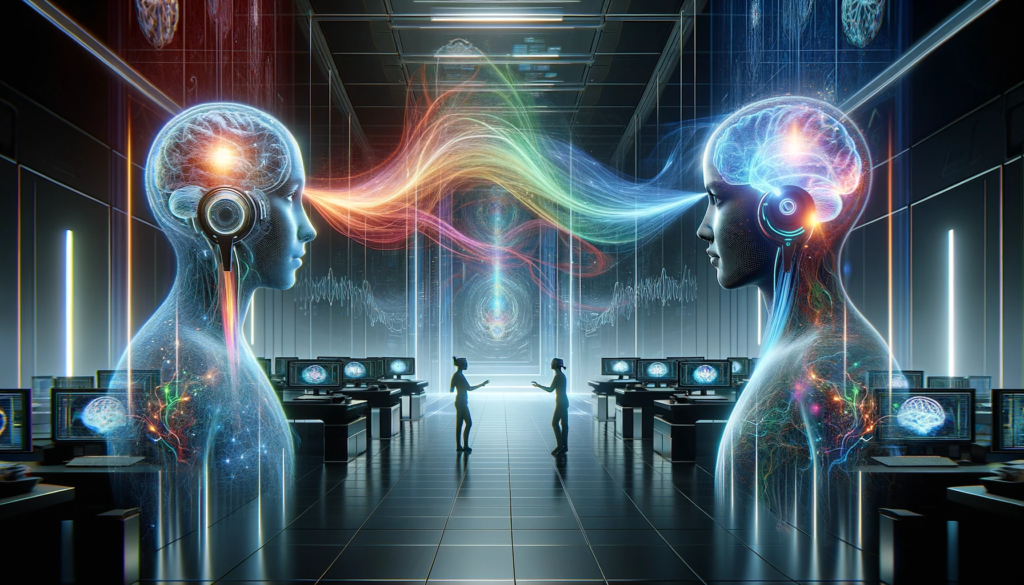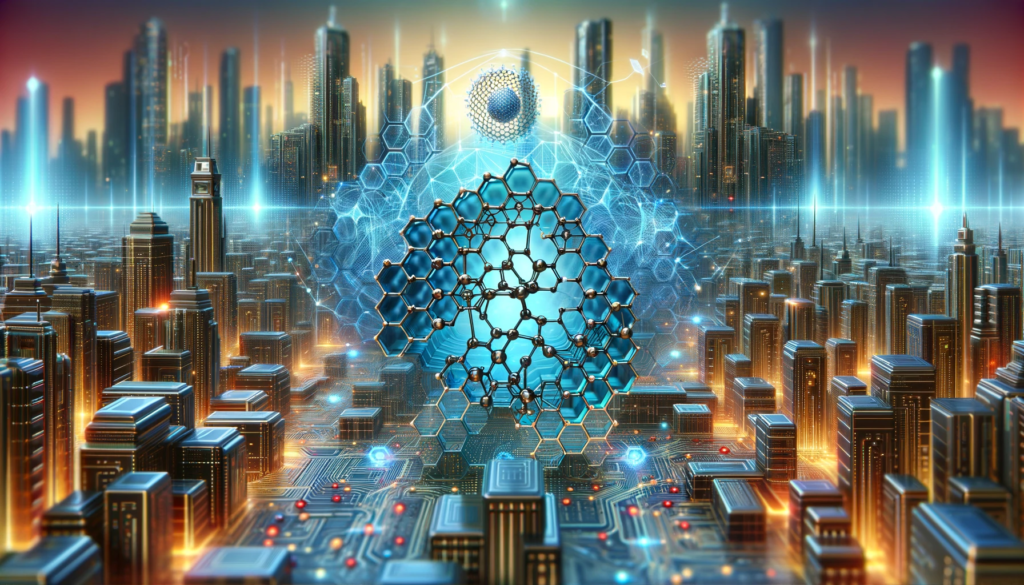The Resurgence of Pagan Beliefs
In an era where technology intertwines with every facet of life, a new phenomenon is on the horizon – the neo-pagan police state. Here, the ancient and the futuristic converge, creating a society where age-old pagan beliefs are enforced and monitored by the latest in artificial intelligence technology.
This new state sees a revival of ancient pagan practices. Nature worship, polytheism, and rituals that celebrate the seasons and natural cycles become central to societal norms. Unlike the secretive covens of old, these practices are openly celebrated and integrated into daily life.
AI as the New Oracle
In this world, AI doesn’t just serve as a tool for surveillance; it becomes the modern-day oracle. AI systems predict natural events, interpret omens, and guide societal decisions based on algorithms that analyze historical and environmental data. These AI oracles, revered almost as deities, influence everything from agricultural practices to legal judgments.
Surveillance and Control
The police state aspect manifests through an omnipresent AI surveillance system. This network of AI overseers monitors adherence to the pagan practices and rituals, ensuring compliance with the state’s beliefs and laws. It’s a world where drones disguised as birds watch over forest gatherings, and AI algorithms determine the sincerity of one’s worship.
Ethical Implications
This fusion of neo-paganism and AI raises profound ethical questions. The blurring lines between spiritual guidance and technological control challenge our understanding of freedom and autonomy. In this state, AI is not just a passive tool; it shapes and enforces a set of spiritual beliefs, leaving little room for dissent or alternative worldviews.
The Role of Human Agency
Despite the heavy reliance on AI, human agency remains a critical component. Priests and priestesses interpret the AI’s guidance, blending traditional rituals with data-driven insights. However, this power dynamic raises concerns about the potential for manipulation and the loss of individual spiritual experience.
Impact on Society and Culture
The society under this state is deeply connected to both its ancient roots and its AI-driven present. Festivals, rituals, and daily practices are imbued with a sense of reverence for both nature and the technology that predicts its patterns. Yet, this comes at the cost of privacy and personal belief, as the state’s AI systems leave little room for deviation.
Global Implications
The emergence of such a state poses significant questions for global politics and cultural interactions. How other nations interact with this AI-guided, neo-pagan entity could redefine diplomatic relations and cultural exchanges in the 21st century.
The Future of Faith and AI
As AI continues to advance, its role in shaping not just economies and politics, but also spirituality and belief systems, becomes increasingly significant. The neo-pagan police state is just one manifestation of this trend, opening the door to a future where technology and faith are inextricably linked.
This exploration into the neo-pagan police state is a journey into a future where ancient spirituality and advanced AI create a society unlike any other. It raises critical questions about the role of technology in shaping belief systems, the balance between surveillance and freedom, and the future of spiritual experience in an AI-driven world.










